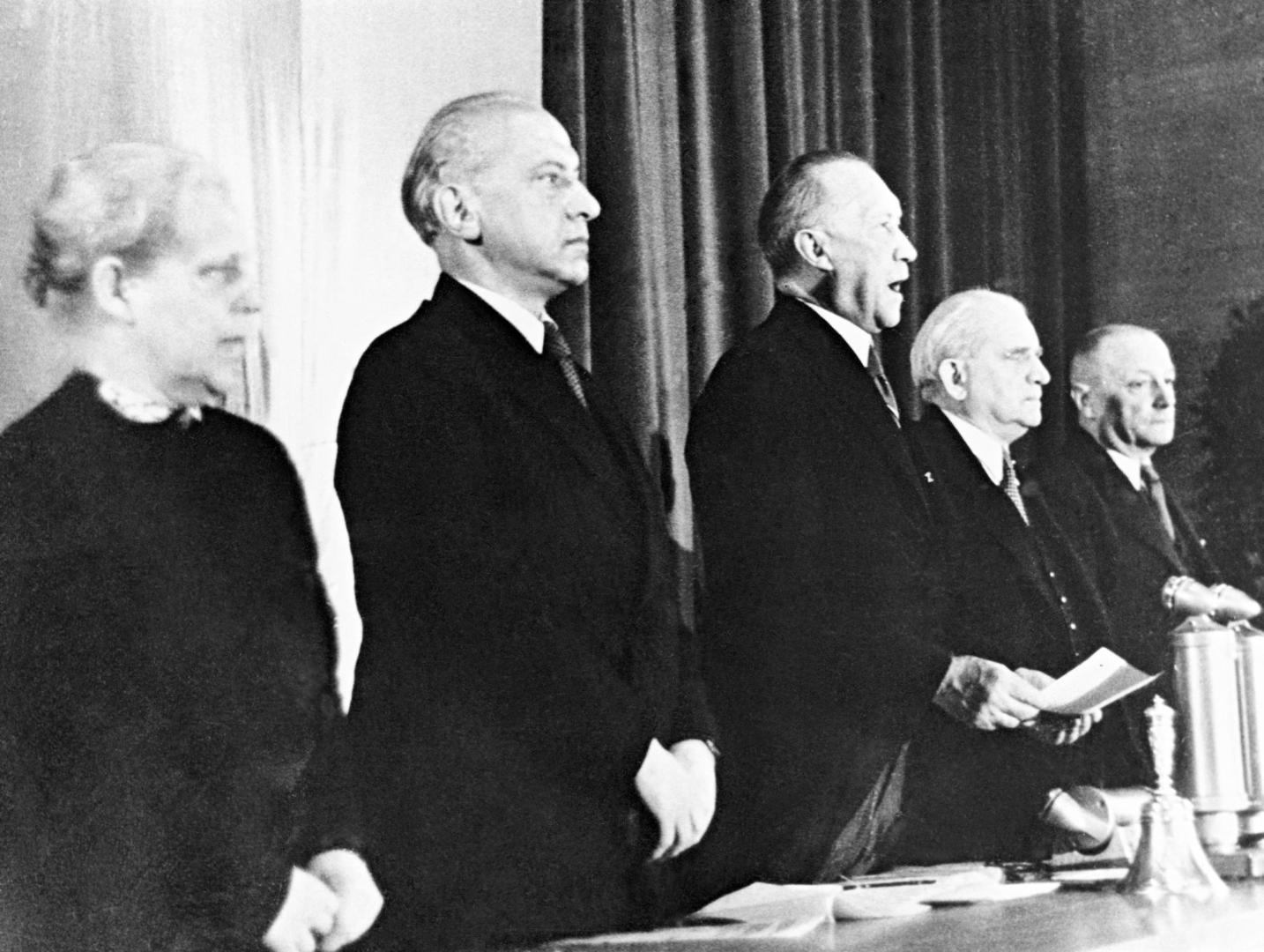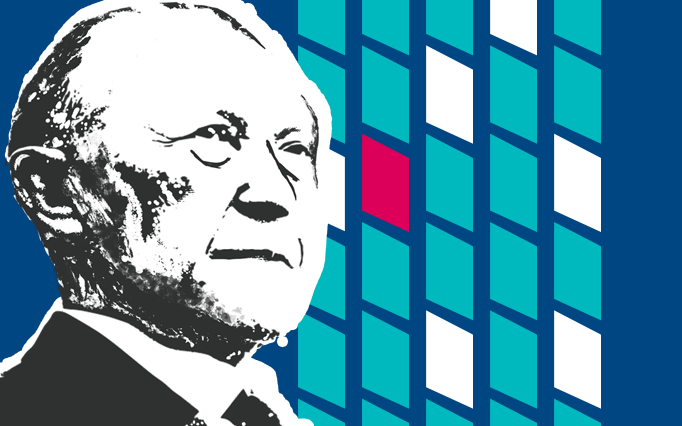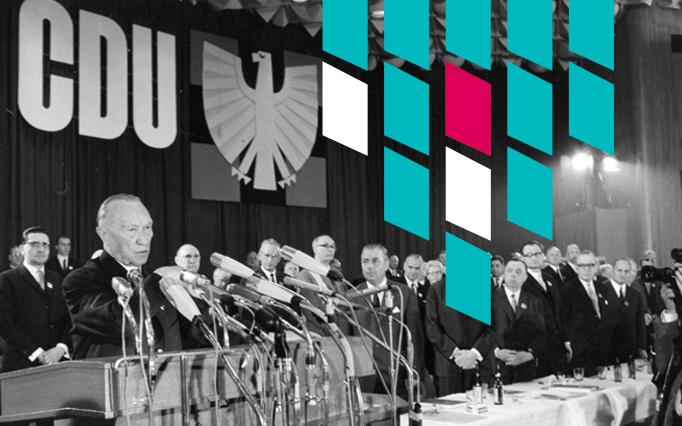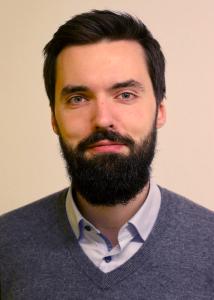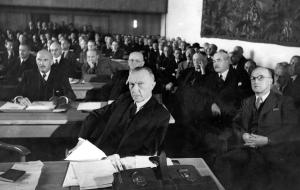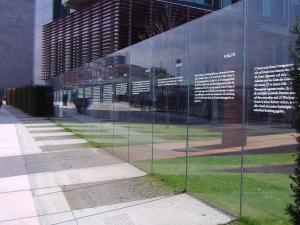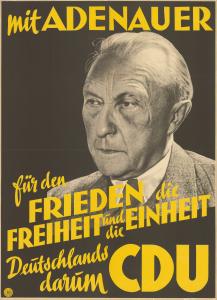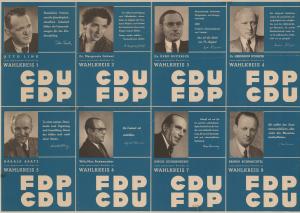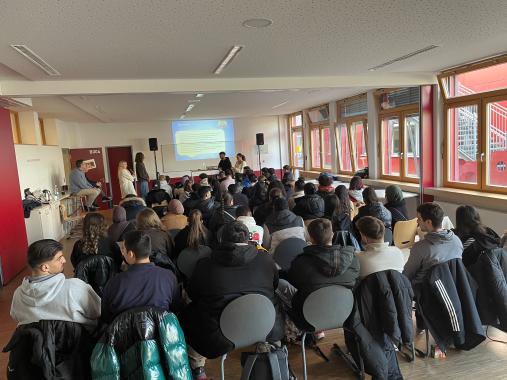Asset Publisher
75 years of the Federal Republic of Germany
Successes and current challenges of liberal democracy
Asset Publisher
At a glance
- With the Cold War looming, the Western powers decided in the spring of 1948 to establish a West German state.
- To prevent a further deepening of the division of Germany, the Parliamentary Council discussed a provisional Basic Law instead of a constitution.
- With the promulgation of the Basic Law on May 23, 1949, the Federal Republic of Germany was founded as a liberal, parliamentary democracy and as a federal and social constitutional state.
- On October 7, 1949, the GDR was founded as a socialist dictatorship under the dominance of the state party SED on the instructions of Moscow.
- As the party of the social market economy, the CDU narrowly prevailed over the SPD in the first parliamentary elections on August 14, 1949.
- On September 1, 1949, the CDU and CSU formed a joint parliamentary group. With the votes of the future coalition partners FDP and DP, the CDU and CSU MPs elected Konrad Adenauer as the first Federal Chancellor on September 15, 1949.
Content
2. Double foundation of the state
3. First Bundestag election and parliamentary grouping
5. 75 years of the Federal Republic
6. Publications, events and media contributions on the topic
“It is probably [...] the first happy day for us Germans since 1933,” declared Konrad Adenauer on May 8, 1949, after the final vote of the Parliamentary Council on the future constitution of the newly founded western state. It was neither inevitable nor foreseeable that the Federal Republic of Germany would develop into one of the most stable liberal democracies in the world.
Occupation and the Cold War: the decision to establish a West German state
With the unconditional surrender of the German Reich, the war in Europe and the Nazi regime of terror came to an end in May 1945. The victorious powers divided Germany into four occupation zones. However, the Allies' differing ideas about the future of Germany soon became apparent.
While the first steps towards an independent western state were taken in 1947 with the merger of the American and British occupation zones to form the Bizone and the establishment of the Frankfurt Economic Council, the Allies' final attempts to reach agreement on the German question failed. At the London Six-Power Conference in spring 1948, the USA, Great Britain, France and the Benelux countries decided in favor of the creation of a West German state.
Double foundation of the state: liberal democracy in the West and socialist dictatorship in the East
On July 1, 1948, the Frankfurt Documents instructed the minister presidents of the West German states to convene a constituent assembly. Fearing that this would finally cement the division of Germany, they decided, in agreement with the Allies, to convene a Parliamentary Council to draw up a provisional Basic Law instead of a constitution.
The Parliamentary Council convened on September 1, 1948. As President of the Council, Konrad Adenauer became known to the public and internationally and mediated in contentious issues between the parliamentary groups, the federal states and the occupying powers. After the work was completed, the Allied military governors of the three Western powers approved the text. On May 23, 1949, Adenauer proclaimed the Basic Law, which then came into force. This established the Federal Republic of Germany as a liberal, parliamentary democracy and a federal and social constitutional state. A few months later, on October 7, 1949, the GDR was founded as a socialist dictatorship under the rule of the state party SED on the instructions of Moscow.
First Bundestag election and parliamentary group: the CDU asserts itself as the party of the social market economy
With the entry into force of the Basic Law, preparations began for the first Bundestag election on August 14, 1949. In the election campaign, the CDU put the difference to the SPD in a clear formula: Social market economy or bureaucratic planned economy. Following the CDU's narrow victory, the decision in favor of a bourgeois coalition was finally made at Adenauer's home in Rhöndorf.
On September 1, the CDU and CSU formed a joint parliamentary group. Only as a parliamentary group could the Union become the strongest force in the Bundestag. On September 15, the Bundestag elected Konrad Adenauer as the first Chancellor of the Federal Republic of Germany with the votes of the CDU/CSU, FDP and DP.
Decisive decisions: reconciliation, transatlantic partnership and European unification under Adenauer
With the beginning of the government work of the bourgeois coalition under Konrad Adenauer, the decisive course was set on which the Federal Republic can still build today. These include the social market economy, European unification and the transatlantic partnership. Reconciliation with former wartime enemies and Israel made integration into the Western community of states possible. As the governing party, the CDU played a key role in shaping this path.
After the experiences of National Socialist tyranny, the anti-totalitarian consensus and the winning over of all sections of the population to the new state were decisive for political stabilization. As a defensive democracy, the political system has proven to be flexible enough to react to new challenges. In 1990, with reunification, Adenauer's goal of unity in freedom finally became a reality.
On November 9, 1989, the wall that had divided Germany for 28 years came down. It was a victory for the people who had rebelled against the unjust regime of the SED. In the weeks that followed, Helmut Kohl acted with determination to complete Konrad Adenauer's dream of unity in freedom.
75 years of the Federal Republic: How liberal democracy can meet challenges
Liberal democracy is a success story. At the same time, it is under more pressure today than ever before. The Konrad-Adenauer-Stiftung is commemorating the founding of the Federal Republic 75 years ago with publications, events and multimedia offerings, while also looking at current issues. What challenges does the free parliamentary constitutional order face today and how can they be met? What makes democracy resilient and how can we keep winning citizens over to democracy? The Konrad-Adenauer-Stiftung addresses these questions.
Our offers on the topic
Konrad Adenauer
With the online portal “…Konrad Adenauer”, the Bundeskanzler-Adenauer-Haus Foundation and the Konrad-Adenauer-Stiftung e.V. provide information and sources on the life and work of the first German Chancellor Konrad Adenauer and demonstrate the continuing relevance of his thoughts and political work.
History of the CDU
The “History of the CDU” portal contains the world's most comprehensive collection of sources and articles on the history of the Christian Democratic Union. It offers scientifically reliable information on the origins and further development of the party and the history of Christian Democratic parties in Europe and the world.
Geschichtsbewusst
On GESCHICHTSBEWUSST, the public history portal of the Konrad-Adenauer-Stiftung, internationally renowned academics discuss historical topics of current relevance. In addition to publications, you will also find videos, podcasts and events.
Asset Publisher
Asset Publisher
Asset Publisher
Publications on this topic
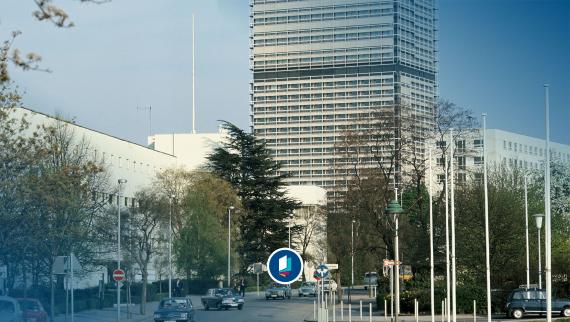 Bundesregierung/Foto: Arne Schambeck
Bundesregierung/Foto: Arne Schambeck
Das bundesdeutsche Wahlrecht
Historische Entwicklung und aktuelle Herausforderungen
-
Prof. Dr. Heinrich Oberreuter
-
July 31, 2024
-
Zeitgeschichte AKTUELL
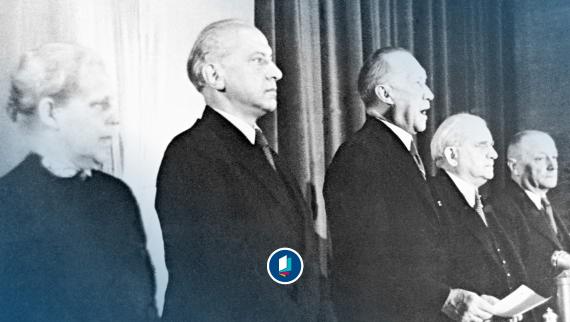 Bundesarchiv, B 145 Bild-P047648 / Foto: Georg Munker
Bundesarchiv, B 145 Bild-P047648 / Foto: Georg Munker
75 Jahre Grundgesetz für die Bundesrepublik Deutschland
Wie aus einem Provisorium eine der stabilsten demokratischen Verfassungsordnungen wurde
-
Prof. Dr. Horst Möller
-
May 21, 2024
-
Zeitgeschichte AKTUELL
 picture alliance / Bernhard Frye
picture alliance / Bernhard Frye
Westintegration als Erfolgsfaktor
Konrad Adenauer und die Einbindung der Bundesrepublik Deutschland in den Westen
-
Prof. Dr. Marie-Luise Recker
-
May 16, 2024
-
Essay
Asset Publisher
Asset Publisher
Publications on this topic
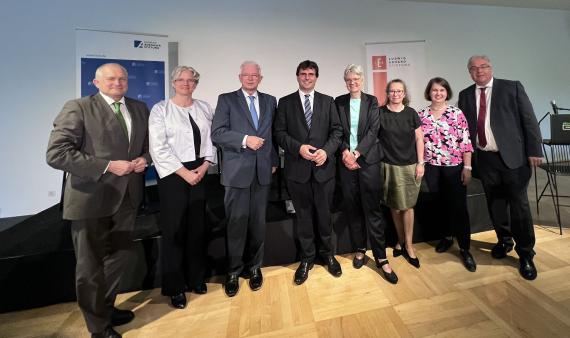 Konrad-Adenauer-Stiftung e.V.
Konrad-Adenauer-Stiftung e.V.
Soziale Marktwirtschaft – made in NRW
75 Jahre Düsseldorfer Leitsätze
-
Dr. Georg Schneider
-
June 27, 2024
-
Event reports
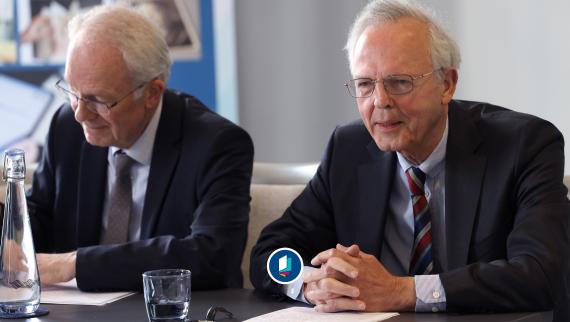 KAS/Christiane Stahr
KAS/Christiane Stahr
Die CDU und das Amt des Bundespräsidenten
Stand und Perspektiven der Forschung
-
Dr. Kathrin Zehender, Dr. Philip Rosin
-
June 14, 2024
-
Event reports

Von der Freiheit und Verantwortung in unserer Demokratie
Bonner Rede 2024
-
Johannes Christian Koecke
-
May 13, 2024
-
Event reports




